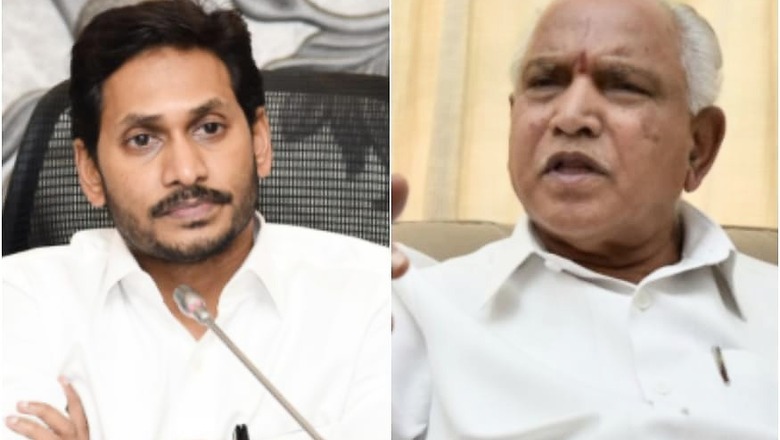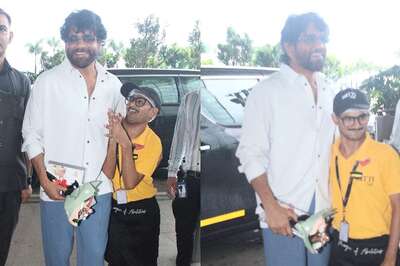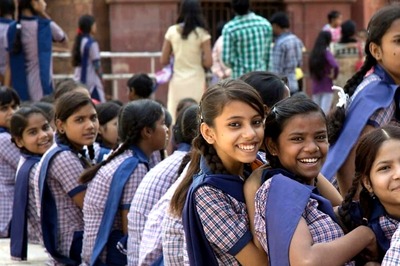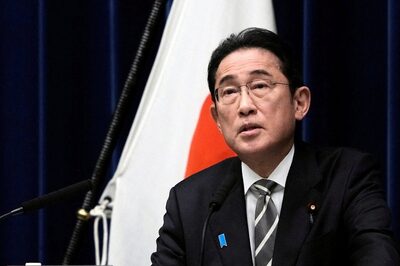
views
Bengaluru: Andhra Pradesh’s decision to turn all government schools in the state into English medium has raised concerns from its neighbour over a strange off-shoot.
Karnataka Education Minister Suresh Kumar has written to Andhra Chief Minister Jagan Mohan Reddy saying that the move will deprive many children in Andhra’s border areas of learning in their mother tongue.
The Andhra government last week passed a law to make English the medium of education in all government schools, while directing students to learn Telugu or Urdu as an additional language.
English will be introduced in a phased manner as the medium of instruction for all subjects from class 1, starting with the coming academic year from June. From June next year, it will be the medium of instruction in Classes 1 and 2, and so on.
“The decision to follow the two-language formula will not just put the lives of so many Kannada language teachers in jeopardy, also many children will be deprived of learning their mother tongue for the simple reason they are living outside Karnataka. I would sincerely request you to take necessary action to protect the interest of Kannadigas of your state by continuing the minority language schools who teach Kannada as a language or as a medium,” Kumar wrote.
Citing the move has affected the bonhomie enjoyed by the two states, Kumar said it has a demoralising effect on Kannadigas residing in border areas who finished their schooling in Kannada medium in through all these years.
Tracing back the camaraderie between Kannadigas and the people of Andhra for generations since the time of the Vijayanagar empire and emperor Krishnadevaraya, Kumar said that umpteen Telugu-medium schools are found along Karnataka’s border areas due to a liberal administrative mechanism.
“I firmly believe this decision will restore the integrity which always existed between us for generations,” he wrote, seeking the inclusion of Kannada as one of the options for children.
Interestingly, the letter comes at a time when Karnataka itself is in the throes of a language debate over its language policy. The state government has made learning Kannada compulsory in both private and government schools.
In schools with ICSE syllabus where only a two-language formula is followed, this has made Kannada a compulsory second language -- something that has been met with resistance from parents who say students, whose mother language is not Kannada, find it very difficult to learn and score. This is a problem, particularly among students who have often moved cities due to their parents’ transfers.
Asked about this plea, Kumar said, “I am very clear. Whatever the law is at this point, it has to be implemented. Until there is an amendment or change, there is no question of relaxing the rules.”
Using English as the medium of instruction in government schools has long been a demand among the deprived classes as knowing the language is seen as a window to many opportunities in higher education and jobs.
Karnataka also launched a scheme of introducing English medium in 1,000 government schools last year. But the state mandates that Kannada must also be taught as one of the languages - either second or third - to every student. The other language can be a language of choice of the student -- either the mother tongue or another language offered by that school.




















Comments
0 comment